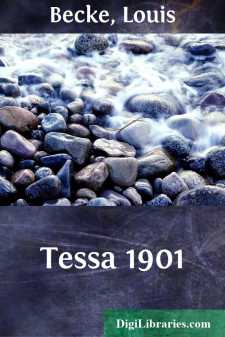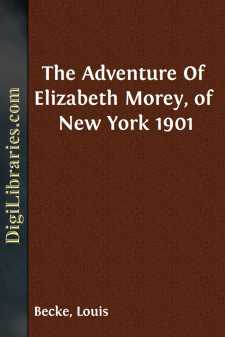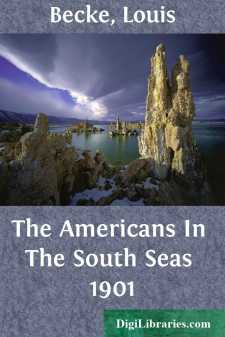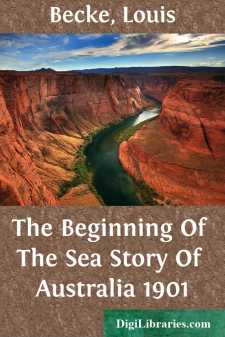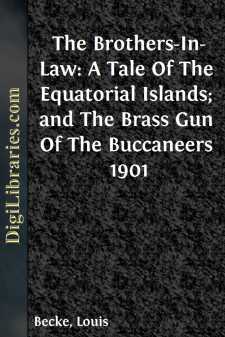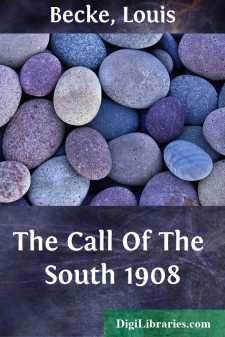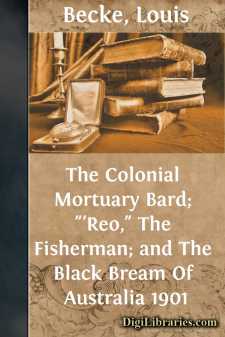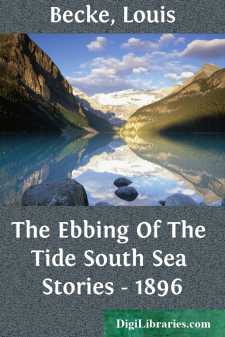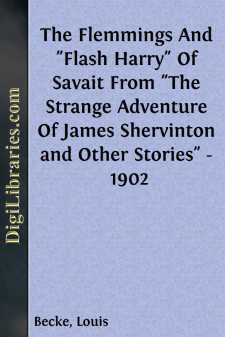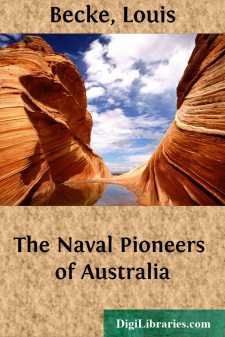Categories
- Antiques & Collectibles 13
- Architecture 36
- Art 48
- Bibles 22
- Biography & Autobiography 813
- Body, Mind & Spirit 142
- Business & Economics 28
- Children's Books 17
- Children's Fiction 14
- Computers 4
- Cooking 94
- Crafts & Hobbies 4
- Drama 346
- Education 46
- Family & Relationships 57
- Fiction 11829
- Games 19
- Gardening 17
- Health & Fitness 34
- History 1377
- House & Home 1
- Humor 147
- Juvenile Fiction 1873
- Juvenile Nonfiction 202
- Language Arts & Disciplines 88
- Law 16
- Literary Collections 686
- Literary Criticism 179
- Mathematics 13
- Medical 41
- Music 40
- Nature 179
- Non-Classifiable 1768
- Performing Arts 7
- Periodicals 1453
- Philosophy 64
- Photography 2
- Poetry 896
- Political Science 203
- Psychology 42
- Reference 154
- Religion 513
- Science 126
- Self-Help 84
- Social Science 81
- Sports & Recreation 34
- Study Aids 3
- Technology & Engineering 59
- Transportation 23
- Travel 463
- True Crime 29
Sort by:
by:
Louis Becke
CHAPTER I A small, squat and dirty-looking trading steamer, with the name Motutapu painted in yellow letters on her bows and stern, lay at anchor off the native village of Utiroa on Drummond's Island in the Equatorial Pacific. She was about 800 tons burden, and her stained and rusty sides made her appear as if she had been out of port for two years instead of scarcely four months. At this present...
more...
by:
Louis Becke
In the sea story of Australia, from the days of Captain Phillip in 1788, to the end of the "fifties" in the present century, American ships and seamen have no little part. First they came into the harbour of Sydney Cove as traders carrying provisions for sale to the half-starved settlers, then as whalers, and before another thirty years had passed, the starry banner might be met with anywhere...
more...
by:
Louis Becke
Perhaps the proper title of this article should be "The Influence of American Enterprise upon the Maritime Development of the first Colony in Australia," but as such a long-winded phrase would convey, at the outset, no clearer conception of the subject-matter than that of "The Americans in the South Seas," we trust our readers will be satisfied with the simpler title. It is curious,...
more...
by:
Louis Becke
To many people in England the mention of Australia conjures pictures of tented gold-fields and tall, black-bearded, red-shirted bushrangers; of mounted police recruited from "flaxen-haired younger sons of good old English families, well-groomed and typically Anglo-Saxon"; of squatters and sheep runs; of buckjumpers ridden by the most daring riders in the world; and of much more to the same...
more...
by:
Louis Becke
"There," said Tâvita the teacher, pointing with his paddle to a long, narrow peninsula which stretched out into the shallow waters of the lagoon, "there, that is the place where the battle was fought. In those days a village of thirty houses or more stood there; now no one liveth there, and only sometimes do the people come here to gather cocoanuts." The White Man nodded....
more...
by:
Louis Becke
CHAPTER I ~ PAUL, THE DIVER "Feeling any better to-day, Paul?" "Guess I'm getting round," and the big, bronzed-faced man raised his eyes to mine as he lay under the awning on the after deck of his pearling lugger. I sat down beside him and began to talk. A mile away the white beach of a little, land-locked bay shimmered under the morning sun, and the drooping fronds of the cocos...
more...
by:
Louis Becke
THE COLONIAL MORTUARY BARD A writer in the Sydney Evening News last year gave that journal some amusing extracts from the visitors' book at Longwood, St. Helena. If the extracts are authentic copies of the original entries, they deserve to be placed on the same high plane as the following, which appeared in a Melbourne newspaper some years ago:— "Our Emily was so fairThat the angels envied...
more...
by:
Louis Becke
"LULIBAN OF THE POOL" A boy and a girl sat by the rocky margin of a deep mountain pool in Ponape in the North Pacific. The girl was weaving a basket from the leaves of a cocoa-nut. As she wove she sang the "Song of Luliban," and the boy listened intently. "'Tis a fine song that thou singest, Niya," said the boy, who came from Metalanien and was a stranger; "and who was...
more...
by:
Louis Becke
CHAPTER I On a certain island in the Paumotu Group, known on the charts as Chain Island, but called Anaa by the people themselves, lived a white man named Martin Flemming, one of those restless wanderers who range the Pacific in search of the fortune they always mean to gain, but which never comes to them, except in some few instances—so few that they might be counted on one's fingers. Two years...
more...
by:
Louis Becke
CHAPTER I. INTRODUCTORY—THE EARLIEST AUSTRALIAN VOYAGERS: THE PORTUGUESE, SPANISH, AND DUTCH. Learned geographers have gone back to very remote times, even to the Middle Ages, and, by the aid of old maps, have set up ingenious theories showing that the Australian continent was then known to explorers. Some evidence has been adduced of a French voyage in which the continent was discovered in the youth...
more...


